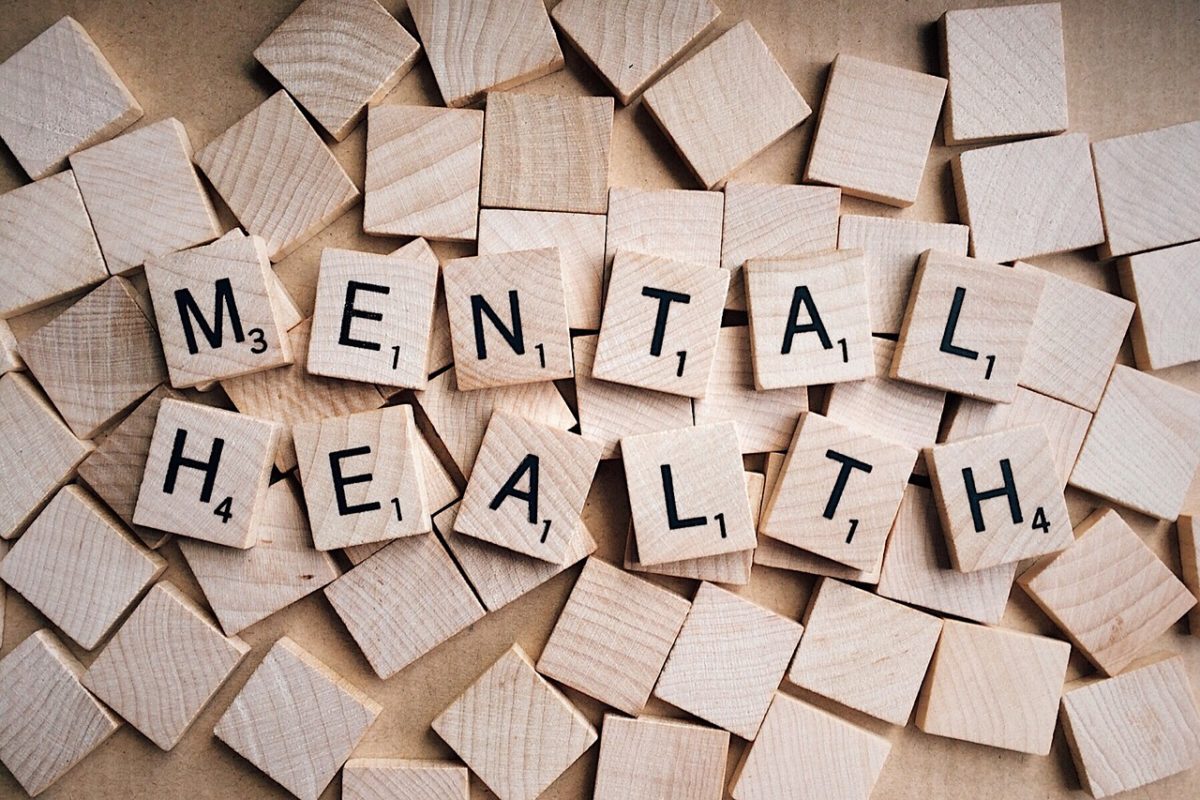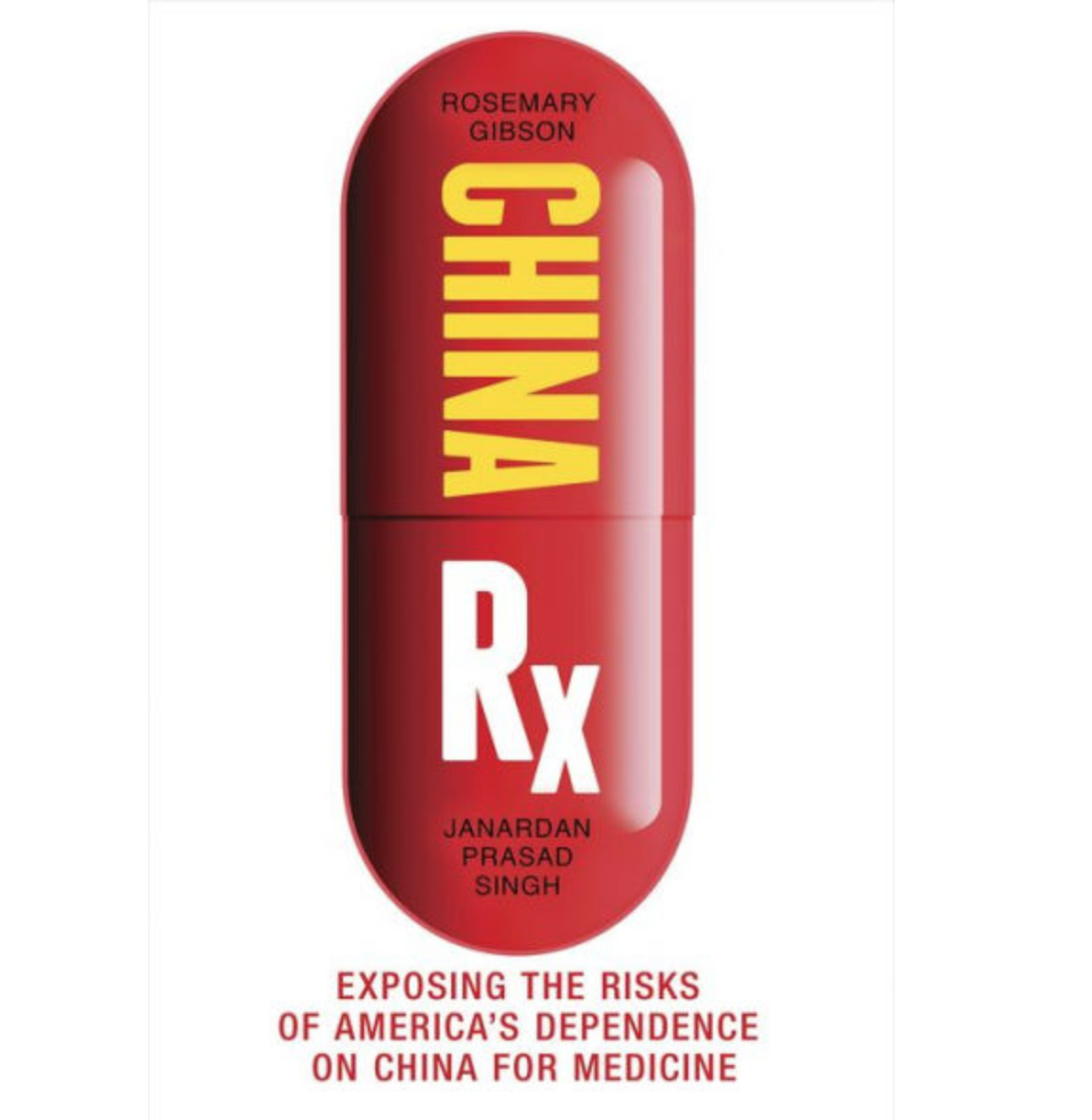HealthConnections: “Webidemic” Fights Medical Misinformation
The internet is riven throughout with misinformation. Some of it is malicious. Much of it is rumor, hearsay, misinterpretation or otherwise well-meaning but still inaccurate. Regardless of the motive, bad information is bad information. When it comes to your health, or that of your family, that misinformation can lead to bad outcomes.
In this edition of HealthConnections, Dr. Carole Myers interviews Knox County Health Department Director Martha Buchanan and Public Information Officer Katherine Killen explain Webidemic, KCHD’s effort to combat medical misinformation. They cover the negatives of bad health information online, how to recognize it, and where to find vetted, reliable information useful in making medical decisions.
You can listen to the interview here:
Podcast: Play in new window | Download
The internet is riven throughout with misinformation.





